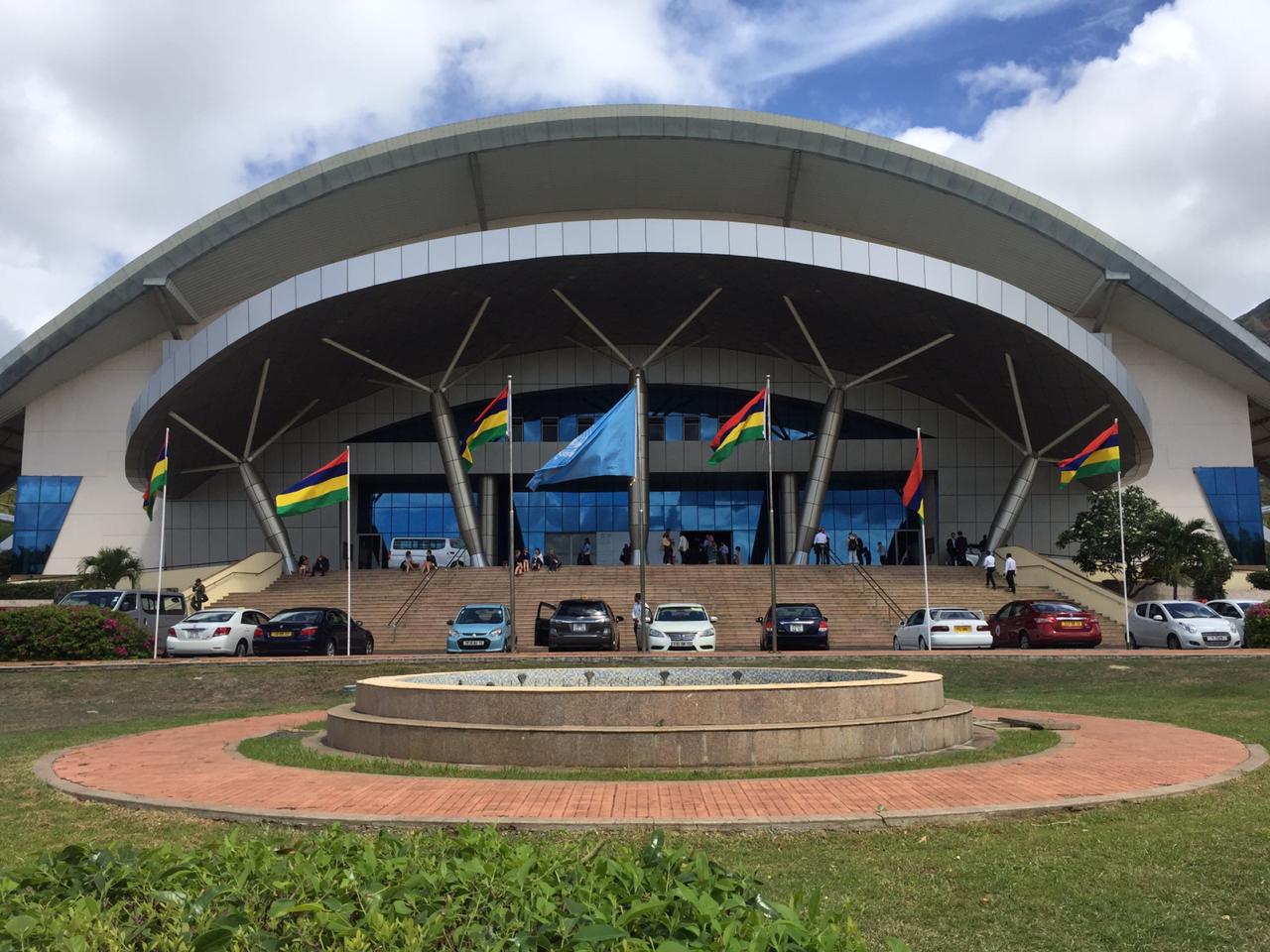
Experts gather in Africa to make case for protecting cultural heritage
 More than 800 participants are in the Mauritian Capital, Port Louis, for the 13th session of the Intergovernmental Committee for the Safeguarding of Intangible Cultural Heritage.
More than 800 participants are in the Mauritian Capital, Port Louis, for the 13th session of the Intergovernmental Committee for the Safeguarding of Intangible Cultural Heritage.
Over the six day event (November 26 to December 1) representatives of states parties to the committee, non-governmental organizations, cultural institutions and other stakeholders will widely discuss the use of international assistance and global capacity building for intangible cultural heritage in need of urgent safeguarding.

Intangible cultural heritage, or ICH, refers to existing traditions or living expressions inherited from ancestors – such as oral traditions, performing arts and festive events – that are used to identify cultural identity in a fast-changing world.
UNESCO, the United Nations Educational, Scientific and Cultural Organization, is the world body tasked with recognizing and preserving cultural heritage across the globe.
The aim of this preservation is to foster understanding between different communities across the world, assisting with mutual intercultural dialogue and encouraging countries to respect each other’s cultures.
The convention in Port Louis will also discuss the financial report for the Intangible Cultural Heritage Fund, and introduce the use of innovative technology to help visualize existing heritage practices and expressions of tradition.
 States Parties to the UN Convention for the Safeguarding of the Intangible Cultural Heritage will be called upon this week to support the work of the network of NGOs and cultural institutions used to collate and substantiate information on ICH.
States Parties to the UN Convention for the Safeguarding of the Intangible Cultural Heritage will be called upon this week to support the work of the network of NGOs and cultural institutions used to collate and substantiate information on ICH.
The General Conference of UNESCO adopted the Convention in 2003, the first binding commitment by the international community to safeguard and raise awareness of ICH. This set the stage for the evolution of international policies to promote cultural diversity.
Members of the committee include Mauritius, Djibouti, Senegal, China, Togo, Cameroon, Zambia, Austria, Cyprus, Netherlands, Armenia, Azerbaijan, Poland, Colombia, Cuba, Guatemala, Jamaica, Japan, Kazakhstan, Philippines, Kuwait, Lebanon, Palestine and Sri Lanka.







